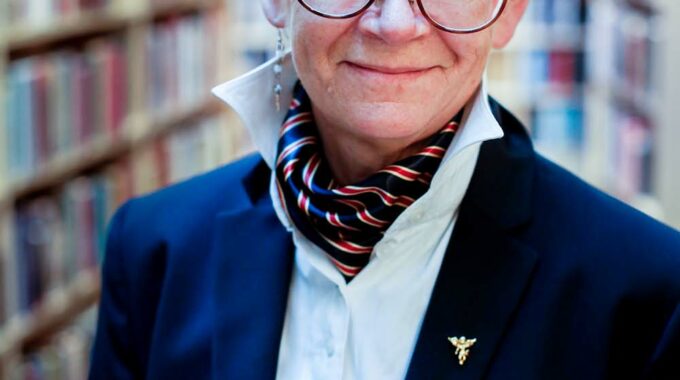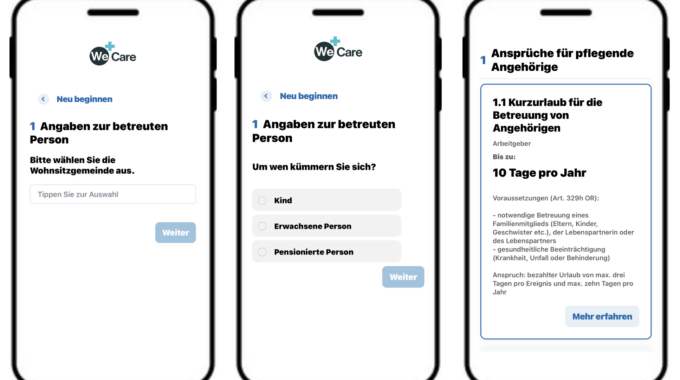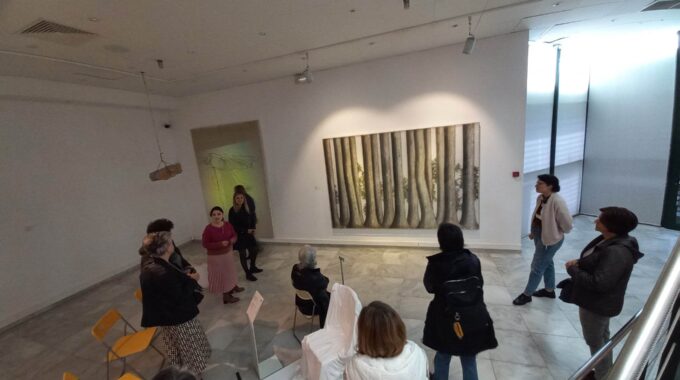
Blended Learning Networks – a tool for developing the support to informal carers
The Swedish Family Care Competence Centre (Nationellt kompetenscentrum anhöriga, Nka), has for a number of years worked with Blended Learning Networks. A Blended Learning Network is a heterogenous community of practice – a method where people with a common interest and from various backgrounds work towards a common goal. The purpose is to learn from each other, share experiences with each other and convert research results into practice and policy.
The Blended Learning Networks that Nka organizes always focus on carers, but each network is based on a specific theme of interest to key stakeholder groups, including informal carers and their organisations. A Blended Learning Network consists of local networks that are facilitated at national level by Nka. A local network consists of 10-15 people, led by one or two group members. The leaders of the local networks in turn have digital meetings together with staff from Nka, and are thereby forming a national network. The participants in the local BLNs are carers, health and social care practitioners, decision makers, politicians and representatives from civil society.
– In a Blended Learning Network there are several levels where we learn from each other – both in the local networks and in the national network. One important thing when you set up a local network is that there need to be several carers involved, says Susanne Rolfner Suvanto, practitioner at Nka.
All of the Blended Learning Network meetings are carefully documented. This later becomes the base for inspirational material (for municipalities, regions and organisations to use to stimulate development work) and/or educational material and short accessible reports focused on the topic area.
Nka’s Blended Learning Networks
Susanne Rolfner Suvanto is currently leading two Blended Learning Networks. One of them is about how to support carers when it is not feasible to meet up physically. This Blended Learning Network started because of the Covid-19-pandemic since the fear of infection and visitation restrictions made it hard to meet relatives and friends. But Susanne Rolfner Suvanto emphasizes that there can also be other reasons for not being able to meet.
– For example, if you are sick and can’t leave your home or if you are living in a rural or more inaccessible geographical location. So, one of our Blended Learning Networks is about describing and developing tools for supporting carers when you can’t meet physically. This will lead to a report and hopefully also a “toolbox” at Nka’s website where we gather knowledge from the network.
The other Blended Learning Network focuses on how to support carers ‘existential health and wellbeing. During the sessions, members discuss various issues related to the overall theme. This in turn will lead for example, to municipalities developing local guidelines for how to best work to help strengthen carers’ existential health and wellbeing.
The purpose of the Blended Learning Networks is to learn from each other and take advantage of the different experiences among the members. In the two networks that Susanne Rolfner Suvanto leads, she sees that the members create a community and get inspired by each other.
International Blended Learning Networks
Nka today works with national Blended Learning Networks, but Susanne Rolfner Suvanto believes that the method can also be applied across borders. Nka therefore welcomes future Blended Learning Networks with members from different countries and sees it as an opportunity to learn from each other.
– Blended Learning Networks work in all places where there are people who want to share their experiences and knowledge, says Susanne Rolfner Suvanto and once again points out the importance of informal carers being in the majority in the networks. Informal carers’ own experiences and knowledge are important for further developing support with and for carers themselves.
– There’s an expression that fits very well here – “Nothing about us, without us”.
Are you interested in starting a Blended Learning Network or want to know more?
Please contact Elizabeth Hanson, Research Director, Nka: elizabeth.hanson@lnu.se
Text: Josefine Göransson, Susanne Rolfner Suvanto and Elizabeth Hanson





